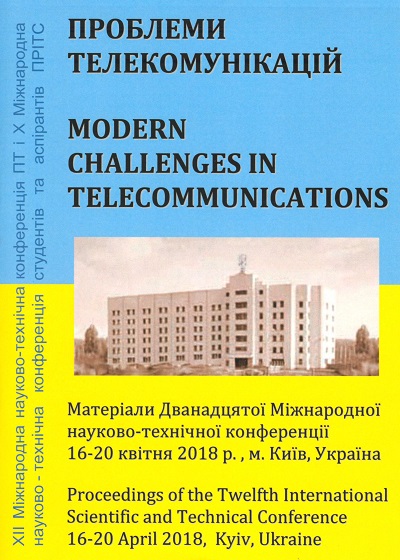ПОРІВНЯЛЬНИЙ АНАЛІЗ ПІДХОДІВ ДО ПОБУДОВИ ОНТОЛОГІЧНИХ МОДЕЛЕЙ ТА БАЗ ДАНИХ
Анотація
COMPARATIVE ANALYSIS OF ONTOLOGIES AND RELATIONAL DATABASES
The article gives a comparative analysis of information representation using ontologies and relational databases. The analysis was conducted on four levels: conceptualization of information, data representation, data modeling, and efficiency.
Стаття наводить порівняльний аналіз способів представлення інформації з використанням онтологій та баз даних. Аналіз проведено на наступних умовних рівнях: концептуалізація інформації, представлення даних, моделювання даних, ефективність.
Посилання
Meersman R Ontologies and databases: More than a fleeting resemblance. In: Proceedings of inter-national workshop on open enterprise solutions: systems, experiences, and organizations (OES-SEO),Luiss Publications Rome (2001).
K Gómez-Pérez A, Férnandez-López M, Corcho-García O (2003a) Metodologies, tools and languages for building ontologies. where is their meeting point? In: Data knowledge engineering, vol 46. Elsevier Science Publishers B.V. Amsterdam, The Netherlands, pp 41–64.
Dillon T, Chang E, Hadzic M, Wongthongtham P (2008) Differentiating conceptual modelling from data modelling, knowledge modelling and ontology modelling and a notation for ontology modelling. In: APCCM ’08: proceedings of the fifth on Asia-Pacific conference on conceptual modelling. Australian Computer Society Inc., Darlinghurst, Australia, pp 7–17.
Cullot N, Parent C, Spaccapietra S, Vangenot C (2003) Ontologies: a contribution to the dl/db debate. In: Proceedings of the first international workshop on semantic web and databases (VLDB workshop).
Ruiz F, Hilera JR (2006) Using ontologies in software engineering and technology ontologies for software engineering and software technology. Springer, Berlin 49–102.
##submission.downloads##
Як цитувати
Номер
Розділ
Ліцензія
Авторське право (c) 2018 Володимир Юрійович Коваленко, Ріна Леонідівна Новогрудська

Ця робота ліцензується відповідно до Creative Commons Attribution 4.0 International License.
Authors who submit to this conference agree to the following terms:a) Authors retain copyright over their work, while allowing the conference to place this unpublished work under a Creative Commons Attribution License, which allows others to freely access, use, and share the work, with an acknowledgement of the work's authorship and its initial presentation at this conference.
b) Authors are able to waive the terms of the CC license and enter into separate, additional contractual arrangements for the non-exclusive distribution and subsequent publication of this work (e.g., publish a revised version in a journal, post it to an institutional repository or publish it in a book), with an acknowledgement of its initial presentation at this conference.
c) In addition, authors are encouraged to post and share their work online (e.g., in institutional repositories or on their website) at any point before and after the conference.

